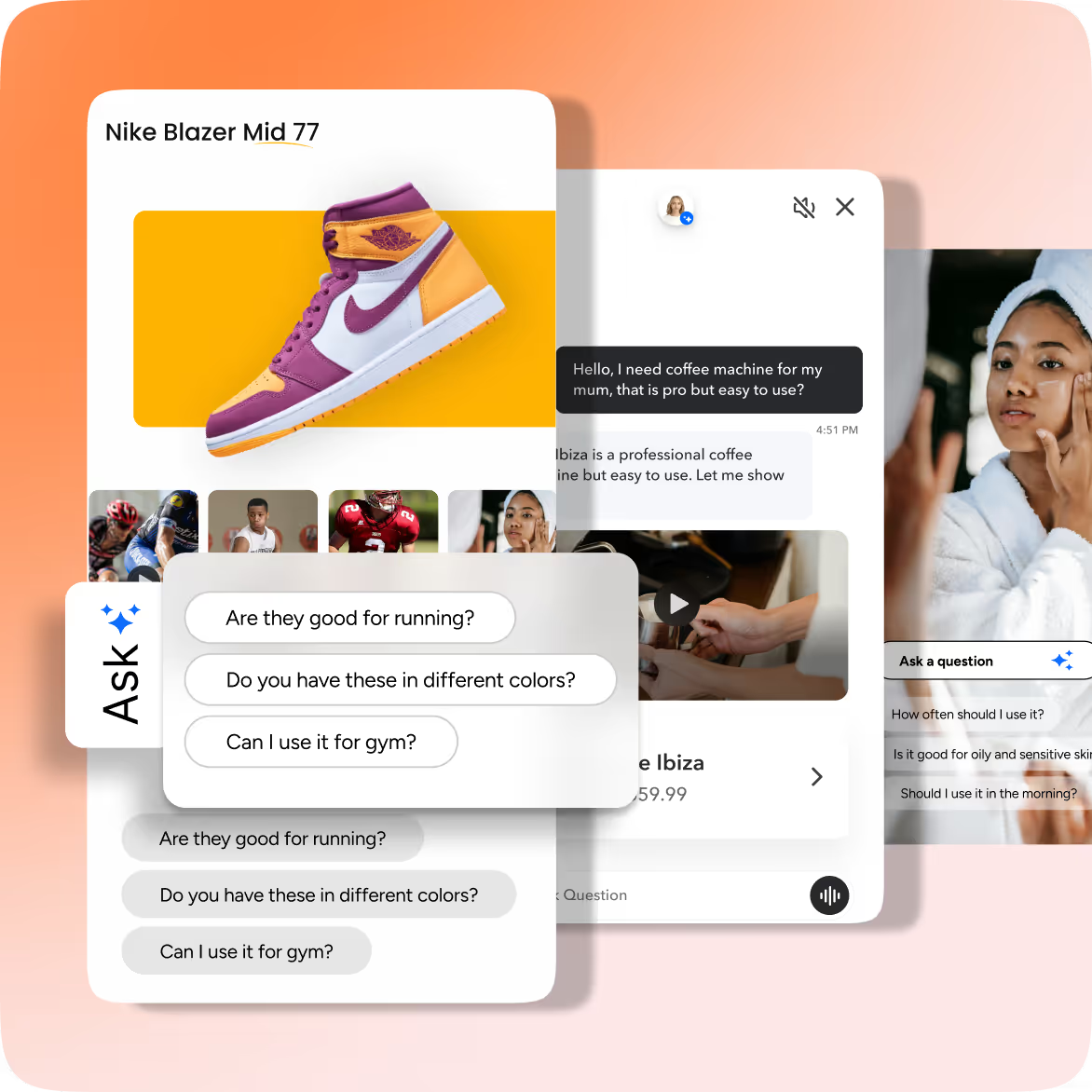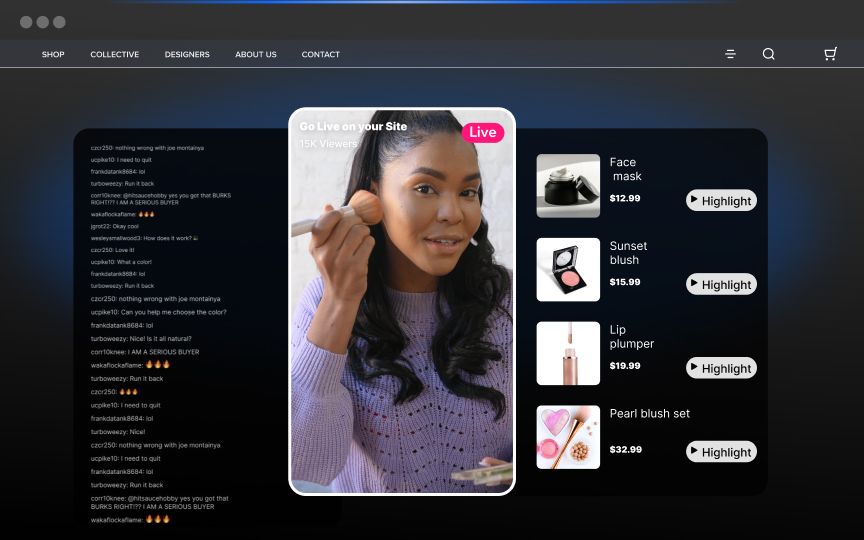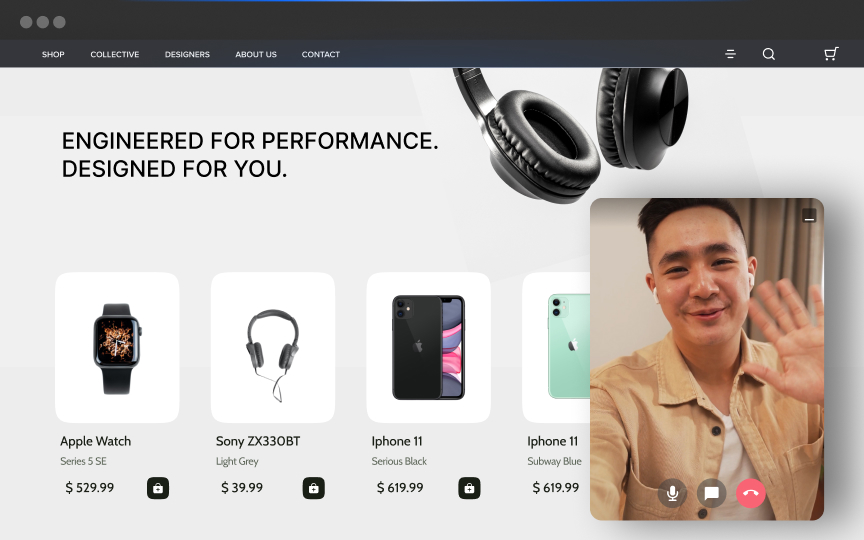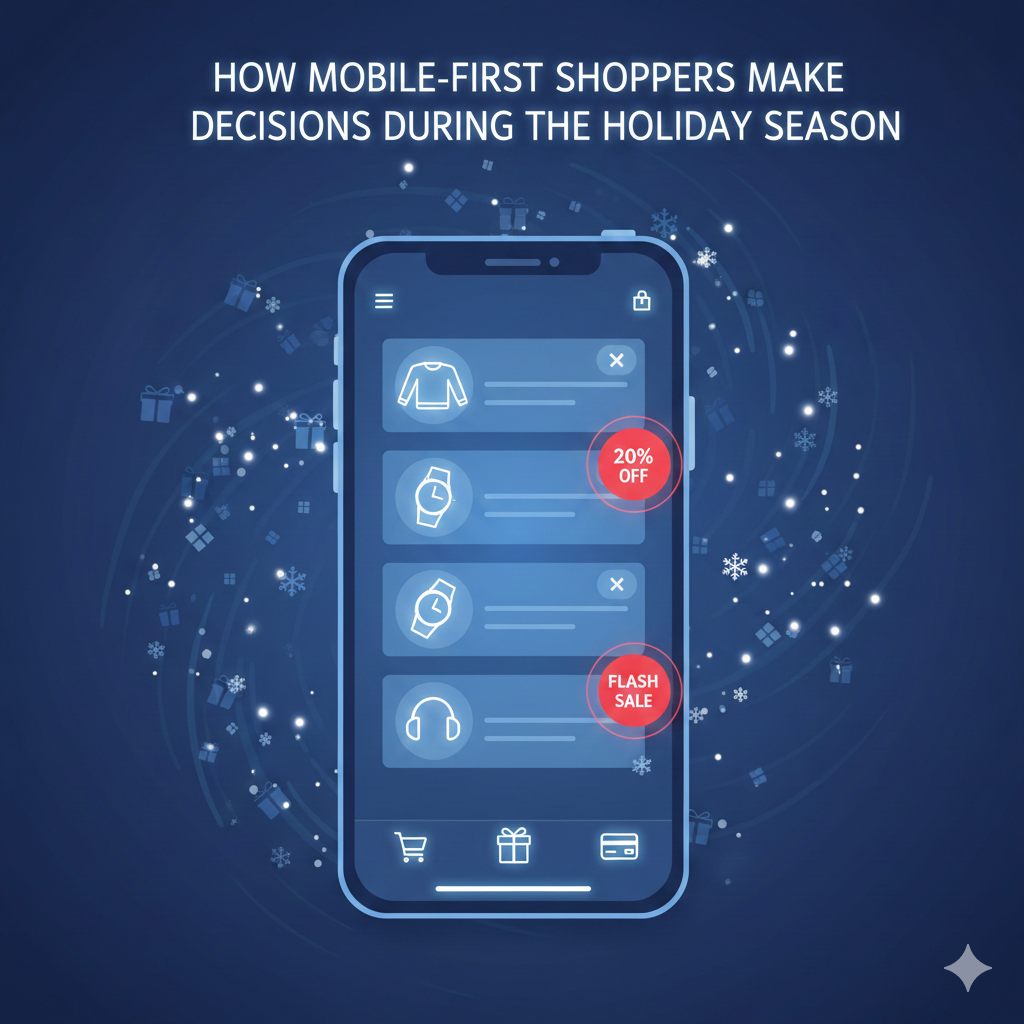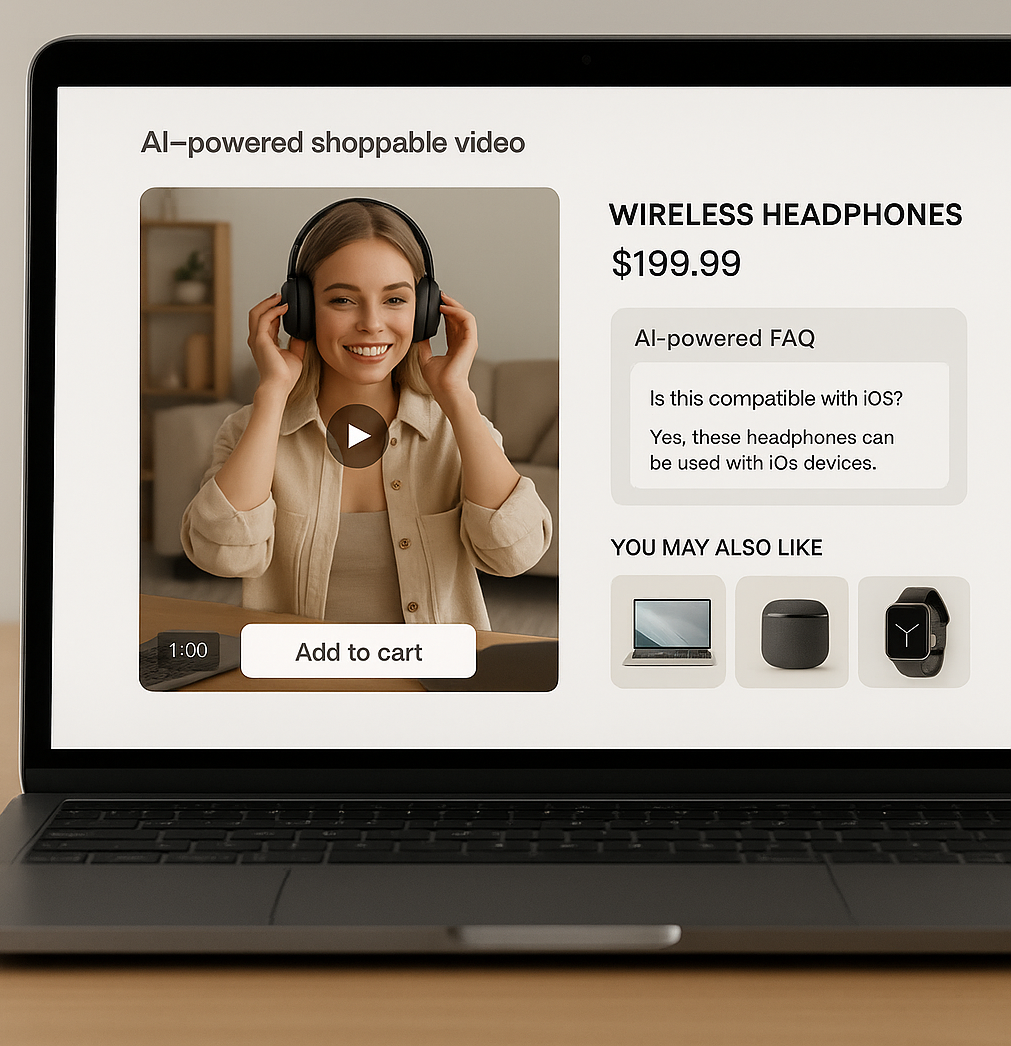In 2024, US Gen Z shoppers continue to evolve their purchasing habits, shaping retail trends significantly. This generation prioritizes both digital and in-person shopping experiences. A notable trend is their preference for in-person shopping combined with strong influences from family and friends. Retailers are seeing a boost in discretionary categories like apparel, beauty, and personal electronics as Generation Z remains a powerful consumer group.Another key aspect of Gen Z shopping is the increasing demand for personalization. Retailers are investing in personalized marketing strategies to capture their attention. For instance, companies like HomeGoods and Home Depot have seen a surge in popularity among Gen Z due to their personalized approaches. This trend of personalization enhances the shopping experience, making it more appealing for younger consumers.Retailers and marketers need to adapt to these trends to stay relevant. Investing in both digital and physical store experiences, along with personalized marketing efforts, can greatly impact sales and brand loyalty among Gen Z shoppers. Understanding these dynamics is crucial for businesses aiming to thrive in the competitive market of 2024.
Key Takeaways
- Gen Z prefers both in-person shopping and digital engagement.
- Personalization in marketing is crucial for capturing Gen Z's attention.
- Retail success requires adapting to Gen Z's evolving preferences.
What Are The Key US Gen Z Shopping Habits In 2024?
Gen Z shoppers in the US exhibit unique behaviors and preferences. They shop online frequently, are influenced heavily by social media, and have a clear preference for specific shopping platforms.
How Often Do Gen Z Shop Online?
Gen Z shops online at a higher frequency compared to other generations. According to recent data, online purchases by Gen Z increased at nearly double the rate of other age groups. This age group also played a key role in stabilizing sales for mass-market and dollar-store channels, indicating robust shopping behavior even for everyday consumer goods. The trend reflects their inclination towards digital convenience and quick shopping experiences.
What Influences Gen Z Purchase Decisions?
Gen Z’s purchasing decisions are strongly influenced by social media and internet searches. Nearly 41% of them prefer discovering new products via short-form videos on social media platforms. Social media not only serves as a discovery channel but also as a place to read reviews and get recommendations from peers. Brands with a strong social media presence are more likely to capture Gen Z’s attention, which links to their significant global purchasing power of 450 billion dollars.
What Are Gen Z's Favorite Shopping Platforms?
Favorite shopping platforms for Gen Z include both online and physical stores. In recent trends, many have been shopping at HomeGoods and Home Depot, reflecting particular interest in home improvement and décor as they plan to move into new homes soon (blog.gwi.com/trends/3-us-gen-z-retail-trends). Moreover, traditional online shopping giants like Amazon continue to be popular, especially for clothing and personal care products. They also tend to shop via buy now, pay later services, showing a preference for flexible payment options. Social media platforms like Instagram and TikTok are commonly used for both discovering and purchasing items.
How Are Retail Trends Changing For Gen Z?
Gen Z is redefining shopping by integrating new technologies and insisting on specific retail experiences. Retailers are adjusting to meet these demands, creating trends that influence the future of the shopping industry.
What New Technologies Are Gen Z Embracing?
Gen Z is actively using social media and mobile technology for shopping. Platforms like Instagram and TikTok are vital for product discovery. Short-form videos and reels allow brands to connect with consumers quickly and visually. Many are exploring AI-powered shopping assistants and chatbots, simplifying interactions. Social media marketplaces, such as those on Facebook and Instagram, are also increasingly popular. Mobile apps are essential, offering convenience through features like augmented reality (AR) for virtual try-ons and personalized shopping experiences.
How Are Retailers Adapting To Gen Z Preferences?
Retailers are shifting strategies to match Gen Z's expectations. Brick-and-mortar stores are being designed as experience centers, where the focus is on engaging with the brand rather than merely buying products. E-commerce platforms, like Amazon, are investing in more intuitive user interfaces and faster delivery options. Many retailers are harnessing the power of short-form video content for advertising, adapting to the trends seen on platforms like YouTube. Additionally, loyalty programs are now tailored to reward frequent and interactive engagement, rather than just purchases.
What Trends Are Expected To Continue Growing?
Mobile shopping is predicted to expand further, with Gen Z driving this trend. There is a clear preference for shopping via social media platforms and through mobile apps. Online marketplaces that offer a variety of products and seamless shopping experiences are gaining popularity. Gen Z values environmental sustainability, pushing retailers to adopt eco-friendly practices and offer products that align with these values. Shopping trends like waiting for the right price point and placing value on unique, high-quality items are expected to persist.Retail stores are evolving to provide spaces for socialization and interaction with products in an engaging way. This is complemented by a strong online presence, ensuring a cohesive shopping experience across platforms.
Why Is Personalization Important For Gen Z Shoppers?
Personalization helps brands connect with Gen Z by delivering tailored experiences based on their preferences. This approach not only drives sales but also fosters brand loyalty and long-term customer relationships.
How Do Gen Z Respond To Personalized Marketing?
Gen Z responds positively to personalized marketing. They appreciate brands that understand their tastes and preferences. For example, targeted ads featuring products based on past purchases or shopping habits resonate well.In addition, this generation values relevant recommendations, like suggested items on shopping apps. Influencers also play a significant role, with personalized endorsements often leading to higher engagement and sales.Brands must focus on quality and customer service to keep Gen Z engaged. Personalized messaging, such as customized emails, further improves their shopping experience, leading to repeat purchases.
What Data Do Retailers Use For Personalization?
Retailers use various data points to personalize experiences for Gen Z shoppers. This includes purchase history, browsing behavior, and social media activity. For example, insights from Gen Z online shopping behavior help retailers understand preferences and buying patterns.Retailers also analyze demographic information to segment their audience. Additionally, leveraging data from customer service interactions can help improve personalized recommendations.Access to real-time data is essential, allowing retailers to update recommendations and marketing strategies instantly. This helps in creating a seamless and engaging shopping journey for Gen Z.
What Are The Best Practices For Personalizing The Shopping Experience?
To effectively personalize the shopping experience for Gen Z, retailers should employ several best practices. One key approach is using AI-powered solutions to deliver targeted recommendations. Implementing features like personalized homepages or shopping carts based on past activity enhances user experience.Transparency is crucial. Be upfront about data usage and ensure privacy to build trust. Also, involve influencers to boost targeted marketing efforts as Gen Z trusts recommendations from people they follow online.Another vital practice is offering tailored promotions and discounts. Loyalty programs that provide customized rewards will appeal more to Gen Z, encouraging repeat business and enhancing brand loyalty. By focusing on targeted, ethical, and innovative personalization strategies, retailers can better engage this tech-savvy generation.
How Can Marketers Improve Online Store Metrics?
Marketers can improve online store metrics by focusing on key performance indicators (KPIs), optimizing strategies to boost conversion rates, and enhancing customer engagement. Understanding which metrics matter most aids in making informed decisions and targeting the right audience effectively.
What Metrics Are Most Important To Track?
Tracking the right metrics helps marketers understand customer behavior and improve return on investment (ROI). Some critical metrics include:
- Conversion Rate: The percentage of site visitors who make a purchase. A higher rate indicates effective messaging and a well-targeted audience.
- Average Order Value (AOV): Calculated by dividing total revenue by the number of orders. Increasing AOV can significantly boost revenue.
- Customer Acquisition Cost (CAC): The total cost of acquiring a new customer. Lowering CAC while maintaining sales is crucial for profitability.
- Cart Abandonment Rate: The percentage of shopping carts abandoned before purchase. Reducing this rate can lead to more completed transactions.
Employing tools like Google Analytics can aid in tracking these metrics effectively.
What Strategies Can Increase Conversion Rates?
To increase conversion rates, marketers should optimize their websites and messaging. Some effective strategies include:
- User Experience (UX) Optimization: Easy navigation, fast load times, and a mobile-friendly design can lead to higher conversions. Sites should be intuitive to cater to the Gen Z online shopping behaviors.
- Personalized Recommendations: Tailoring product recommendations based on browsing history and past purchases can encourage more sales.
- Clear Calls-to-Action (CTAs): Strong, clear CTAs guide users toward making a purchase. For example, using phrases like "Shop Now" or "Get 20% Off" can be effective.
- Limited-Time Offers: Creating a sense of urgency with time-limited discounts or exclusive deals motivates customers to act quickly.
Implementing A/B testing can help determine which strategies are most effective in improving conversion rates.
How Can Customer Engagement Be Enhanced?
Enhancing customer engagement deepens brand loyalty and encourages repeat business. Here are key strategies:
- Interactive Content: Using quizzes, polls, and videos can make the shopping experience more engaging. This is particularly important for engaging Gen Z consumers.
- Social Media Integration: Sharing user-generated content and being active on platforms frequented by the target audience fosters community and trust.
- Loyalty Programs: Offering rewards for repeat purchases or referrals encourages ongoing engagement. Customers who feel appreciated are likely to return.
- Responsive Customer Support: Providing excellent support via live chat, email, or phone improves overall customer satisfaction and loyalty. Using tools like live chat capabilities (https://arena.im/live-chat-experiences) can respond to questions and issues promptly.
These strategies help create a responsive, dynamic, and engaging shopping experience that appeals to the modern consumer.
What Are The Challenges In Capturing Gen Z's Attention?
Capturing Gen Z's attention requires being distinct in a crowded market and addressing what specifically resonates with them. Brands have to navigate the competitive landscape and form strong loyalty.
How Can Brands Stand Out In A Crowded Marketplace?
Brands must differentiate themselves to attract Gen Z. This generation values authenticity and social responsibility. Leveraging influencer recommendations on platforms like TikTok can enhance a brand’s visibility. Collaborations with popular influencers create more genuine and relatable content, making it more likely for Gen Z to be interested.Integrating social and environmental causes also helps. Brands like TOMS that involve charity in their business model tend to resonate with socially aware young consumers. Focusing on honesty and transparency in marketing can set a brand apart from its competitors.
What Are The Biggest Competitors For Gen Z's Attention?
Gen Z's attention is divided among various platforms and activities. Social media channels, particularly TikTok, dominate their screen time. Influencers also play a significant role, with many Gen Zers trusting their recommendations over traditional advertising methods. This means brands face competition from digital content creators who can shift young consumer preferences.Word-of-mouth remains potent. Friends' and peers' opinions can significantly influence buying decisions. Video streaming platforms like YouTube and Netflix also vie for their attention, adding to the competitive challenges for brands attempting to engage them.
How Can Brands Build Loyalty Among Gen Z?
Building loyalty among Gen Z involves more than just selling products. Brands need to engage authentically and align with values that matter to this generation. Creating loyalty programs that offer personalized experiences and rewards can make a difference.Emphasizing sustainability and social impact resonates strongly. Brands like Patagonia, known for their environmental efforts, attract loyal Gen Z followers. Additionally, offering interactive and engaging digital content helps maintain interest.Word-of-mouth and influencers also play a crucial role in loyalty. When an influencer that Gen Z trusts endorses a brand, it bolsters the brand’s credibility and helps build long-term loyalty. Engaging with consumers on social media, addressing their queries, and showing that their opinions matter can further strengthen brand loyalty.For more insights into how Gen Z shops, brands can analyze trends and preferences.
What Future Trends Might Affect The Retail Industry?
Future trends in retail will likely be influenced by advancements in technology, a growing emphasis on sustainability, and innovative solutions that can transform the shopping experience. Each of these factors could play a crucial role in shaping the retail landscape.
How Might AI Impact US Gen Z Shopping?
Artificial intelligence (AI) has the potential to significantly impact how Gen Z shops both online and in-store. AI algorithms can personalize shopping experiences by analyzing past purchases and browsing history to recommend products that match individual preferences. This will likely lead to increased customer satisfaction and loyalty.AI also enhances customer service through chatbots and virtual assistants. These technologies offer immediate help, answer questions, and even process returns, making shopping more convenient. AI-driven insights can help retailers manage inventory more efficiently and predict future trends based on consumer behavior data.For more information on AI's role in retail, refer to AI's impact on shopping.
What Role Will Sustainability Play In Future Trends?
Sustainability is becoming a significant factor in retail, especially among Gen Z consumers. This generation is particularly concerned with environmental and social issues. Brands that prioritize sustainability are likely to see increased support. Many Gen Z shoppers favor products that are eco-friendly or made from recycled materials.Retailers are also feeling the pressure to adopt sustainable practices, such as reducing waste and carbon footprints, which can improve their brand image. According to a survey, a large percentage of Gen Z and millennials have abandoned purchases when brands didn't reflect their values.Learn more about environmental sustainability in retail.
What Innovations Could Change The Retail Landscape?
Several innovations could dramatically change the retail landscape. One of the most promising is the integration of augmented reality (AR) and virtual reality (VR) into the shopping experience. These technologies allow customers to try on clothes or see how furniture would look in their homes without physically being there.Additionally, the rise of mobile payment options and digital wallets has made transactions faster and more secure. Social media platforms are also playing a larger role in retail, providing spaces for direct shopping through integrated features.Retailscape innovations, like those detailed in Gen Z retail trends, are transforming the industry.Future trends show a blend of technology, sustainability, and innovation reshaping the way Gen Z shops and interacts with brands. Retailers who adapt to these trends will likely find greater success in the evolving market.
Frequently Asked Questions
Gen Z consumers in the US exhibit distinct shopping habits, marked by their preference for certain product categories and shopping channels. These trends reflect their values and purchasing power in 2024.
What fashion styles are most popular among Gen Z consumers in 2024?
Gen Z favors streetwear, sustainable fashion, and vintage clothing. These styles resonate due to their alignment with eco-conscious values and unique self-expression. Brands that focus on sustainability and ethical production, like Patagonia, have gained popularity.
How has Gen Z's preference for online versus in-store shopping shifted in 2024?
In 2024, Gen Z continues to prefer online shopping due to convenience and broader choices. However, experiential in-store shopping experiences still attract them. For instance, Morning Consult notes that 73% of Gen Z adults bought apparel online last month.
Which product categories are seeing significant growth among Gen Z shoppers?
Gen Z shows an increased interest in apparel, beauty, personal care, and electronics. A survey from GWI reveals a notable rise in purchasing these items, with a vast majority buying at least one product in these categories in the last month.
What are the key factors that influence Gen Z's shopping decisions?
Price and quality are crucial for Gen Z, but so are brand ethics and sustainability. They are also influenced by social media trends and peer recommendations. They value transparency in a brand’s operations and often research before making purchases.
How do Gen Z consumer values impact their brand loyalty and favorite brands?
Gen Z values authenticity and social responsibility. Brands like Nike and Apple, which actively engage in social causes and transparent practices, enjoy high loyalty among this generation. Their purchasing decisions are heavily swayed by a brand’s stance on societal issues.
What are the latest statistics on Gen Z’s spending patterns and purchasing power?
Gen Z's spending power continues to grow, though they remain mindful of prices due to inflation and the cost of living crisis. Research indicates that they contribute significantly to consumer spending, often favoring value-driven purchases. Detailed statistics can be found on the HubSpot blog.
Unlock Exclusive Insights
By submitting this form, you agree to Firework's privacy policy and consent to receive personalized marketing communications. You can unsubscribe at any time.
